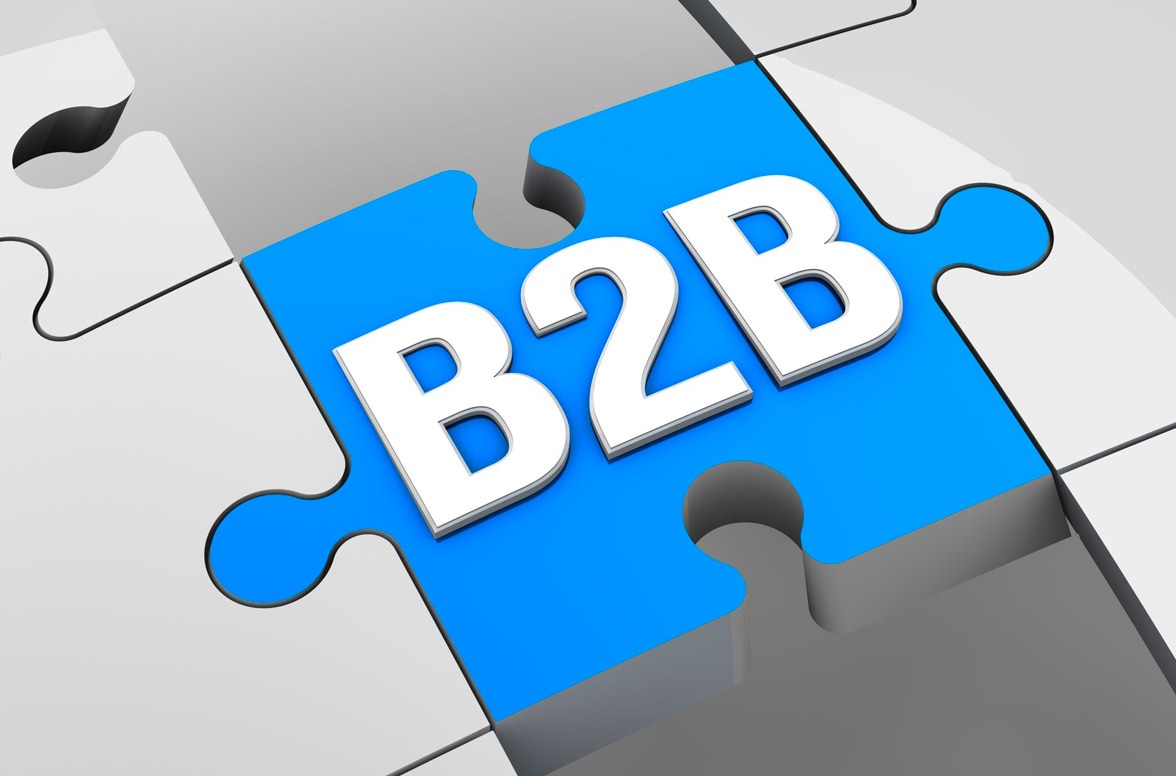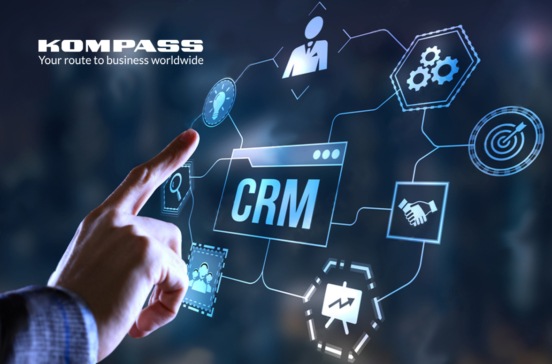16 June 2020
If you’re going to boost leads from your contacts and accounts, you’ll need a way to keep that data straight. But you don’t just want to store information. You should be leveraging that info to drive growth. A B2B database can help you do just that.
Do you want to zero in on your most ideal customers and beat your competition? Well, you may have to go outside your area code to make it happen. But there’s no reason to stop there in today’s economy. You can go outside your city. Or state. Or country.
Yes, that’s right. Thanks to modern technology, you can target B2B clients on a global scale. Get your growth from Great Britain. Expand from exports to Ecuador. Scale from sales to Switzerland.
If you’re not reaching out to those customers, you’re leaving money on the table. But if you capitalize on a solid B2B database solution, you’ll drive growth. You’ll boost leads. And you’ll be able to spend more time sailing your yacht in Newport Harbor. Wait! You don’t have one? Well, not yet, anyway!
What Makes an Effective B2B Database Solution?
You’ll need a database that is up to date if it’s going to be effective. It also needs to be easy to use. You don’t have the time to go sifting through multiple databases, even more reports, and combine the data. Pick a system that lets presents you with key criteria to select.
Every business is different. Including yours. And including all of your clients. There’s a crazy amount of variables there. Don’t get a database solution where you have to adapt your business to the database. You want both your sales and marketing department to pull what they need out of the database.
An effective database goes deep for you. It doesn’t just store lines and lines of data. It has the functions to do its own analysis and present you with ways to targets your customers.
It should be able to send you alerts to keep track of where your leads and where they are in the process. And you shouldn’t have to wait for manual updates or to run reports. It should be able to alert you to changes in real time.
Data You Need in Your B2B Database
First thing’s first. Straight up account data. This data includes the company’s that you plan to target. Here are some examples:
Account Data
What’s the most important marketing data to look at? Start with high-value accounts and your next best ideal customers. Some common examples of account data include:
- Company name
- Number of employees
- Amount of web traffic
- Funding available
- Recent hiring
- Social media accounts
This data needs to contain any information you use to classify the companies. You’ll use this data to qualify their readiness for your product or service.
Firmographic Data
Think of firmographics as demographics for businesses. You don’t want to waste those precious marketing and sales efforts. Firmographics will include data like:
- Company size (sales/volume/value)
- Number of employees
- Location/ZIP Code
- Industry
- SIC Code
- Growth trajectory
- Web ranking
- Amount of web traffic
- Metrics for social media accounts
Some of this data might overlap with your account data. But this is the information that helps you figure out if a company is a good fit for you.
Technographic Data
This one’s pretty simple.This technographic data’s going to include the following:
- Technology used in the past (hardware and software)
- Recently purchased technologies
- Google Analytics
- SAP (past and present)
- Salesforce
As you can see, you’re tracking all the technologies that your target accounts are using. If you know what technology products your customers are going to buy, you can figure out how your products will complement their investments.
Contact Data
This is that data that lets you create laser-focused campaigns. Contact data includes the following:
- Name (obviously!)
- Title
- Email address
- Social media accounts (especially LinkedIn!)
- Direct phone numbers
Contact data is obviously one of the most important data sets for you to maintain. These are the people behind the accounts.
Intent Data
Intent data helps to qualify them and determine the behavior of the people at your accounts. Intent data usually includes information like the following:
- Topics/keywords your target accounts/contacts search for
- Ad click data
- Social media engagement
The contacts at your target accounts will have differing intent. Some will be further along in the buyer journey than others. Some will just plain be a better fit.
Engagement Data
Engagement data involves tracking how accounts and contacts think, where they are in the buyer journey, and how they react to your communication. It helps you figure out how engaged your target accounts are with your efforts. This type of data includes:
- Previous sales
- Account activity data
- Existing connections you have with them
This information helps you assess the progress of your marketing campaigns, and the impact on customers. This way, you can tweak your marketing campaigns to make them more effective.
Your CRM Brings It All Together
If you’re going to bother keeping track of any B2B data, you need a Customer Relationship Management (CRM) system. A CRM is an effective way to gather all the necessary information about your clients and keep it in one place. CRMs can integrate with a wide variety of B2B databases and interfaces.
Another major benefit of a CRM is the shareability of the data. Anyone in your company (and anyone else you want to access it) can use it for their work. Everybody wins.
CRMs use data to track opportunities, pick up leads and log personal progress of your sales team. You’ll quickly see what’s working. And what isn’t. Monitor wins and losses. CRMs let you customize the information you see based on location, industry, and practically any other field in your B2B database.
Another powerful function of a CRM and information that’s valuable to have in your B2B database is customer feedback. Customers are constantly asking for new features and changes. But many businesses aren’t listening. With a CRM, you can easily capture those customer requests and adapt your products and services to match.
Find a B2B Database Solution for Your Business
You’ll have to target customers on a global scale if you’re going to win against the fierce competition out there. You can achieve the success you’re looking for by leveraging modern technology. Craft your own customized plan to drive growth by collecting key information about your target accounts.
If you’re going to expand into the global market, you’ll need an effective B2B database. The Kompass B2B directory is your route to business worldwide. Find out more about how our B2B data solutions can support your business development!












Comentarios
No Comments